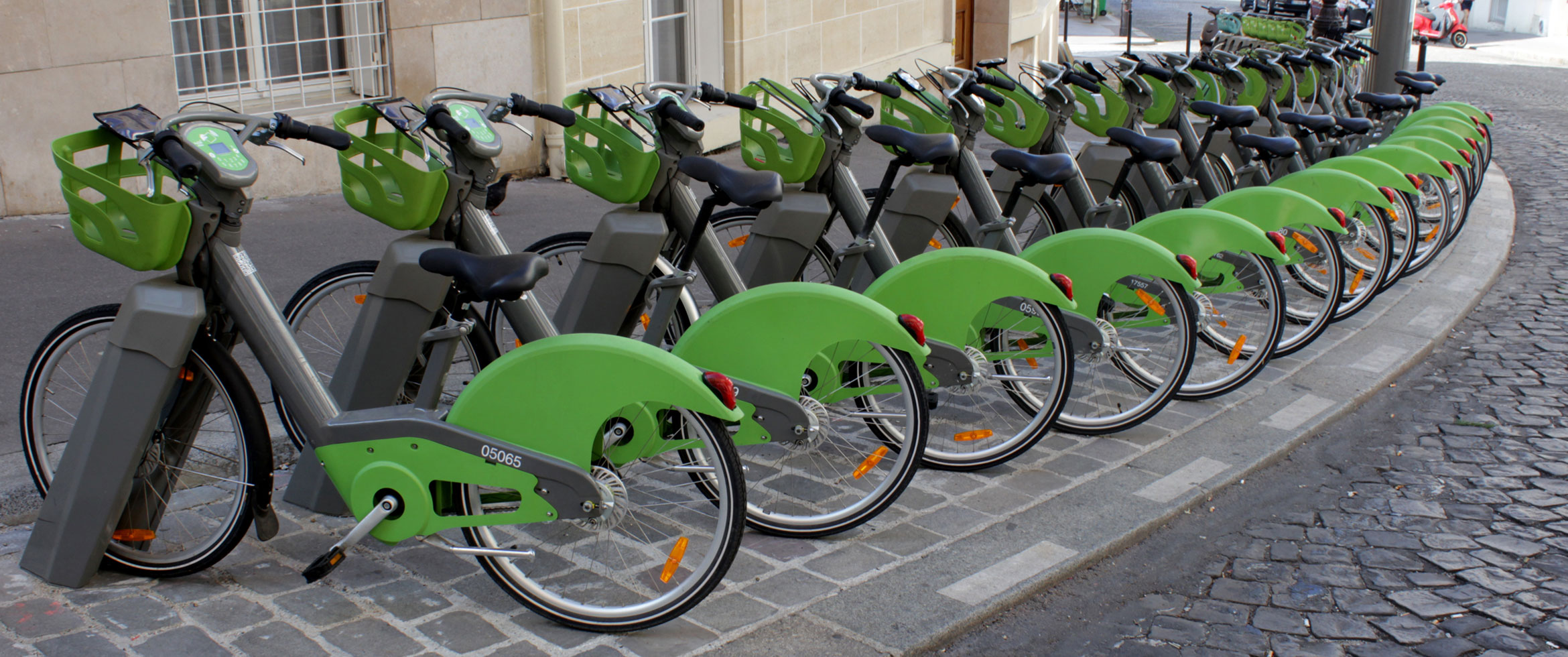Chicago’s Go Program
City of Austin’s Leave Time Travel Incentive
Seattle’s Just One Trip Phase II
Vancouver’s Employee Trip Reduction Program
Stepping It Up
Portland’s Smart Trips Welcome Program
Household Actions Can Provide a Behavioral Wedge to Rapidly Reduce US Carbon Emissions
Dietz, T., Gardner, G.T., Gilligan, J., Stern, P.C., Vandenbergh, M.P. (2009). Household actions can provide a behavioral wedge to rapidly reduce US carbon emissions. Proceedings of the National Academy of Sciences of the United States of America, 106(44), 18452-18456.
Applying a Modified Moral Decision Making Model to Change Habitual Car Use: How Can Commitment be Effective?
Matthies, E., Klöckner, C., & Preißner, C. (2006). Applying a Modified Moral Decision Making Model to Change Habitual Car Use: How Can Commitment be Effective?. Applied Psychology: An International Review, 55(1), 91-106.
Is a Residential Relocation a Good Opportunity to Change People's Travel Behavior?: Results From a Theory-Driven Intervention Study
Bamberg, S. (2006). Is a Residential Relocation a Good Opportunity to Change People's Travel Behavior?: Results From a Theory-Driven Intervention Study. Environment and Behavior, 38(6), 820-840.
The Effectiveness of Soft Transport Policy measures: A Critical Assessment and Meta-Analysis of Empirical Evidence
Möser, G., & Bamberg, S. (2008). The effectiveness of soft transport policy measures: A critical assessment and meta-analysis of empirical evidence. Journal of Environmental Psychology, 28(1), 10-26.



